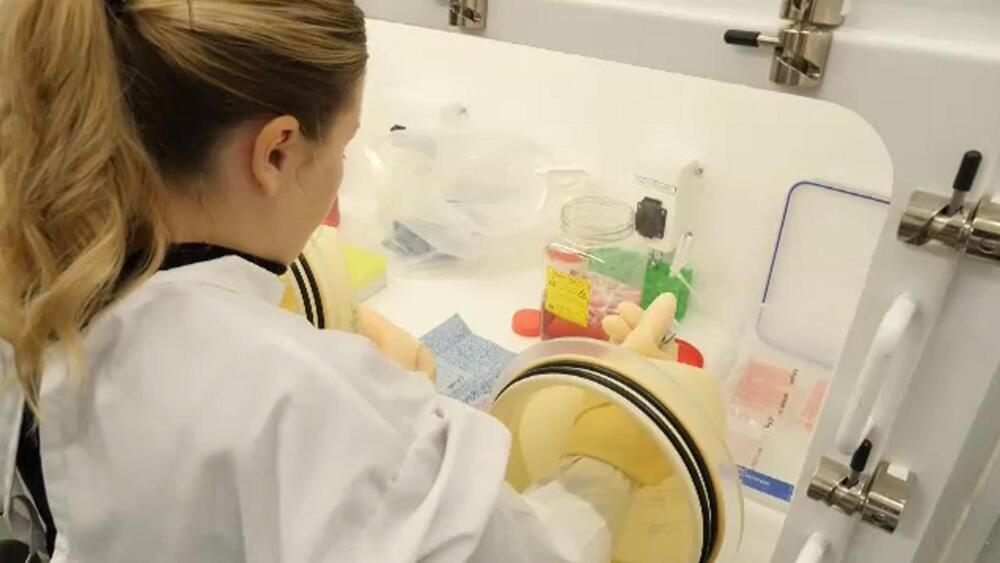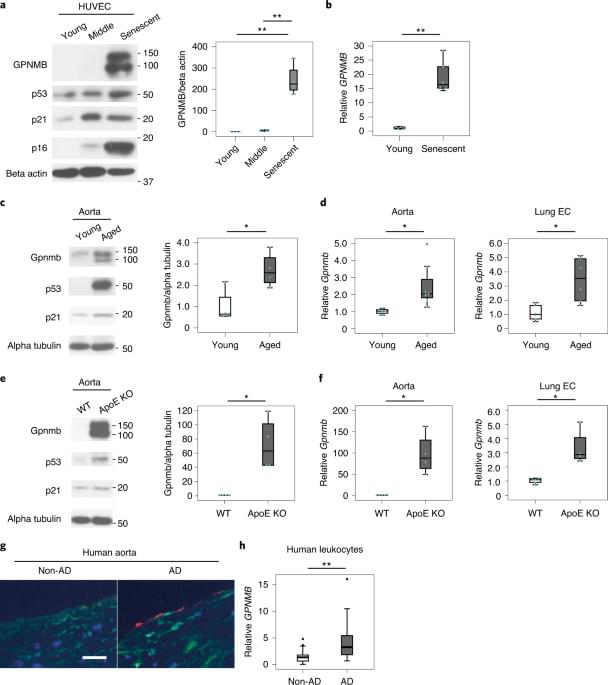The magnetohydrodynamic (MHD) drive certainly sounds like something out of science fiction — using an array of magnets and electrodes, this high-tech propulsion technology promises to silently propel a craft through the water without any moving parts. As long as you can provide it with a constant supply of electricity, anyway.
Of course, as is often the case, the devil is in the details. Even with the obvious scientific and military applications of such a propulsion unit, scaling MHD technology up has proven difficult. But as [Jay Bowles] of Plasma Channel shows in his latest video, that doesn’t mean you can’t experiment with the concept at home. Even better, getting verifiable results is much easier than you’d think.
While [Jay] usually won’t even get out of bed for less than a dozen kilovolts, a standard bench supply is all you need to power your very own MHD. He ran his experiential drive at a maximum of 25 VDC/9 A, but he was getting results with just 5 VDC/1.5 A. Beyond that, it’s just a matter of cutting some electrodes out of metal stock and placing them on either side of the most powerful magnets you can get your hands on. Add in a 3D-printed structure and some pieces of acrylic, and you’re halfway to a bathtub rendition of The Hunt for Red October.







